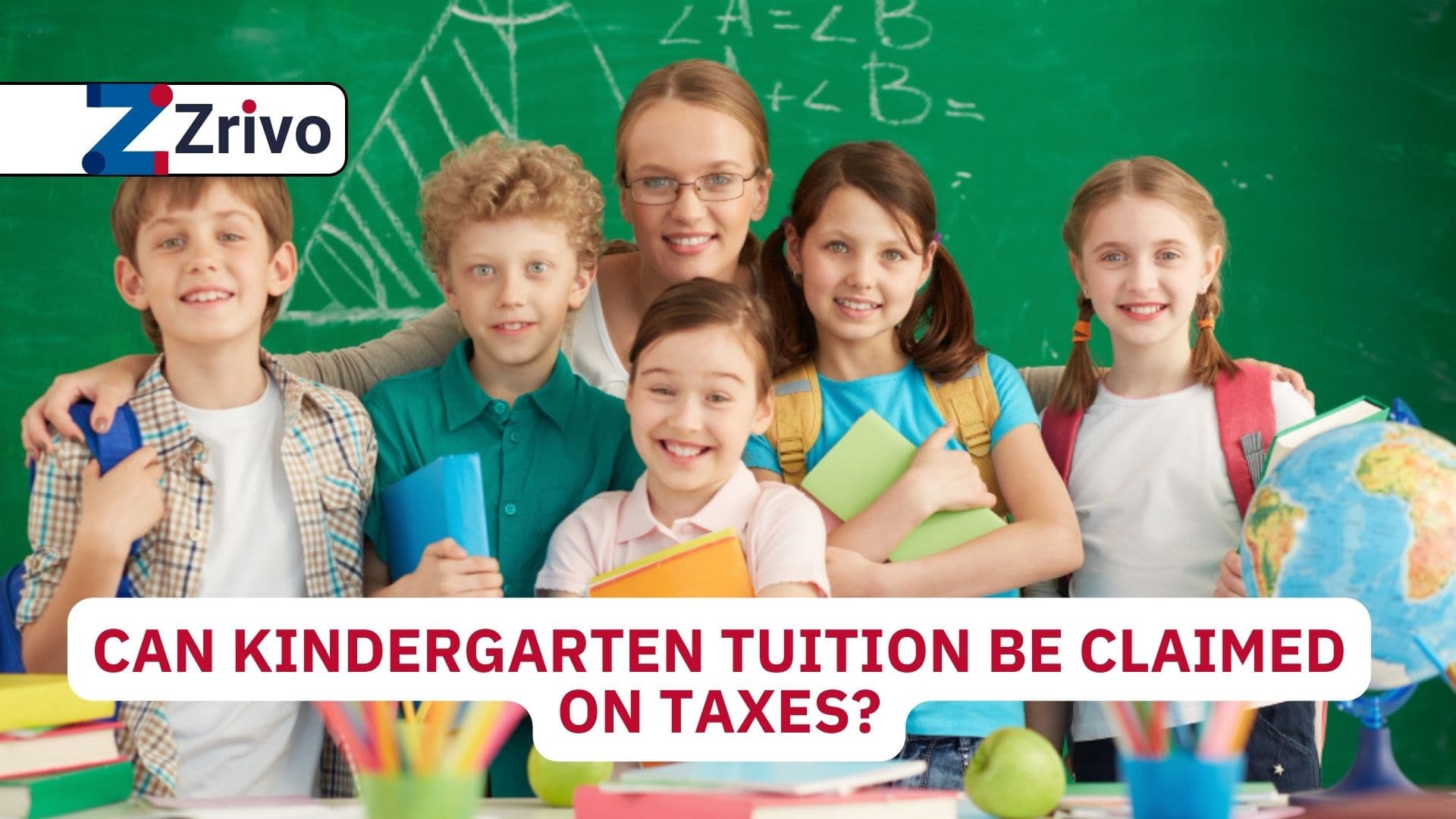
The short answer is no—kindergarten tuition cannot be claimed on taxes. This is because the IRS classifies kindergarten as an educational expense rather than a childcare expense, and educational expenses for kindergarten through high school are not tax-deductible under federal law. However, there are some related expenses that may qualify for tax benefits, such as before- or after-school care programs. Let’s explore what you can and cannot claim when it comes to kindergarten tuition and related costs.
Why Can’t Kindergarten Tuition Be Claimed?
Kindergarten tuition is considered an educational expense, which the IRS does not allow as a deduction or credit. Unlike preschool or daycare, which are classified as childcare expenses, kindergarten is viewed as the beginning of formal education. As a result:
- Child and Dependent Care Credit: Kindergarten tuition does not qualify for this credit because it is educational, not childcare-related.
- No Federal Deductions: You cannot deduct private or public kindergarten tuition on your federal taxes.

What Expenses Related to Kindergarten Might Qualify?
While tuition itself isn’t deductible, some related costs may qualify for tax benefits:
- Before- and After-School Care
- If your child attends a program before or after their kindergarten classes so you can work or look for work, these expenses may qualify for the Child and Dependent Care Credit.
- To claim this credit, you’ll need to file IRS Form 2441 with your tax return and provide details about the care provider.
- Education Savings Accounts (ESAs)
- Contributions to a Coverdell Education Savings Account (ESA) or 529 Plan can help you save for elementary and secondary education expenses, including kindergarten tuition.
- While contributions are not deductible on federal taxes, earnings from these accounts are tax-free if used for qualified education expenses.
- Special Needs Education
- If your child attends a private kindergarten due to special needs and has a physician’s referral, the tuition may qualify as a medical expense deduction. This requires itemizing deductions on your tax return.
What Is the Child and Dependent Care Credit?
The Child and Dependent Care Credit helps working parents offset childcare costs for children under 13. While kindergarten tuition doesn’t qualify, other childcare-related expenses might. Here’s how it works:
- You can claim up to $3,000 in qualifying expenses for one child or $6,000 for two or more children.
- The credit is worth 20% to 35% of qualifying expenses, depending on your income level.
Examples of qualifying expenses include:
- Daycare fees for younger siblings not in school yet.
- Before- or after-school care programs for your kindergartener.

How to Claim Related Tax Benefits?
- Track Your Expenses: Keep detailed records of any childcare-related payments made during the year, including receipts from before- or after-school programs.
- File IRS Form 2441: Use this form to claim the Child and Dependent Care Credit when filing your federal tax return.
- Consider Education Savings Accounts: If you’re planning ahead for future education costs, look into opening a Coverdell ESA or 529 Plan.
FAQs
Can I deduct private kindergarten tuition?
No, private kindergarten tuition is not deductible because it is considered an educational expense rather than childcare.
Does before-school care count toward the Child and Dependent Care Credit?
Yes, before- or after-school care programs may qualify if they enable you to work or look for work.
Are there any exceptions where kindergarten tuition is deductible?
Tuition may be deductible if your child attends a special needs school with a physician’s recommendation and the costs qualify as medical expenses.